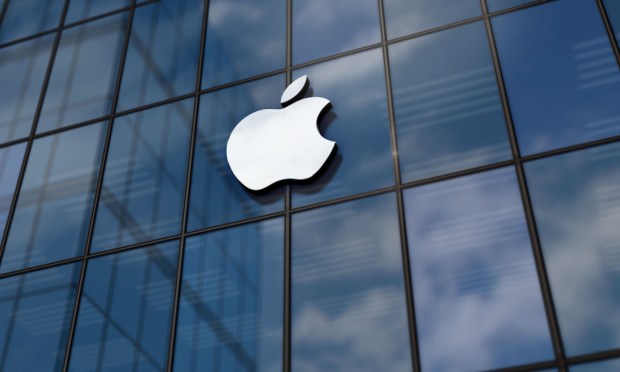
Apple will be disabling the ability to install home screen web apps from iPhones and iPads in Europe with the release of iOS 17.4.
The decision comes as a result of the new Digital Markets Act in the European Union, which requires Apple to allow developers to use alternative browser engines for dedicated browser apps and apps providing in-app browsing experiences, Ars Technica reported Friday (Feb. 16).
The security and privacy concerns associated with web apps using alternative browser engines would require building an entirely new integration architecture that does not exist in iOS, the report said, citing an Apple developer Q&A.
The change will impact the home screen web apps feature in the EU, but users will still be able to add website bookmarks to their home screens, which will redirect them to the web browser instead of a separate web app, per the report.
Apple also highlighted the potential risks of malicious web apps if alternative browser engines were to be supported, including unauthorized access to a user’s camera, microphone or location without consent, according to the report.
In addition to the changes related to home screen web apps, Apple will also be implementing a browser choice prompt for EU users in iOS 17.4, allowing them to select their default browser from a list of options, per the report.
Overall, Apple’s preparations for DMA compliance have involved engineering work, including the addition of new functionality and capabilities for developers and users in the EU, according to the report. This includes over 600 new APIs and various developer tools to ensure security standards are met by developers using alternative browser engines.
In an earlier move made in response to the DMA, Apple said in January that it plans to allow software developers in the EU to distribute their apps through channels other than Apple’s App Store.
Beginning in March, developers will have the option to provide alternative app stores on iPhones and can opt out of using Apple’s in-app payment system, which traditionally charges commissions of up to 30%.